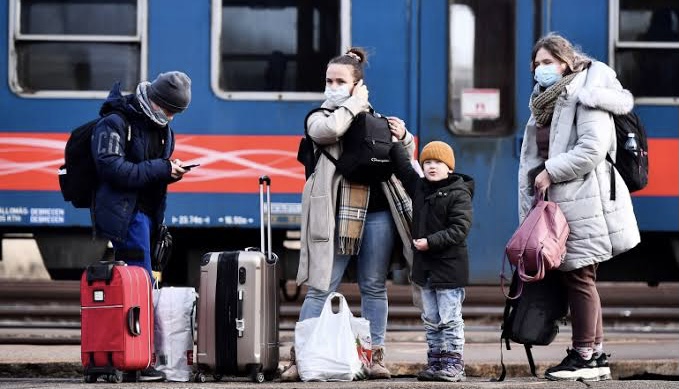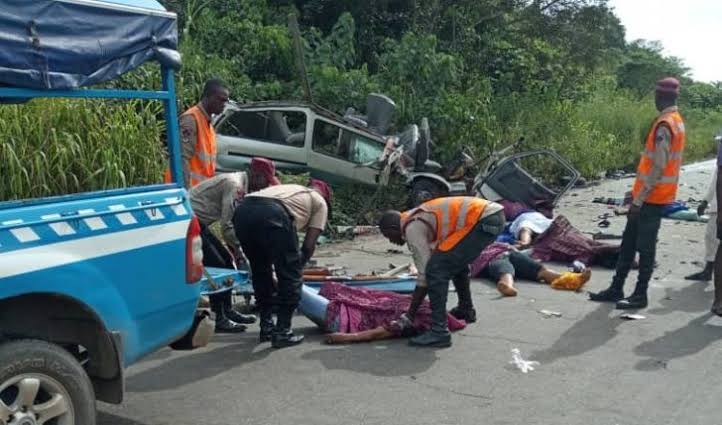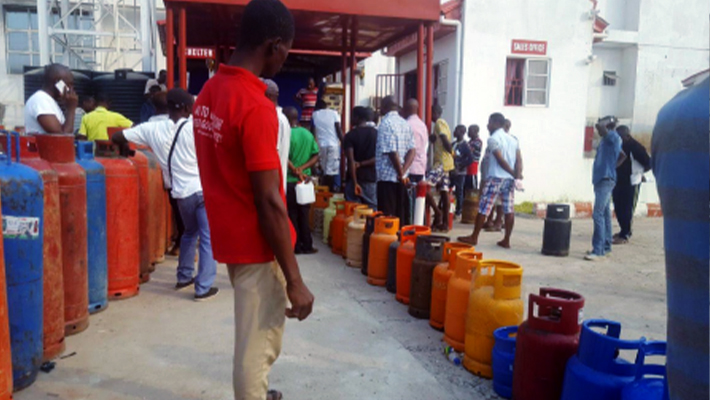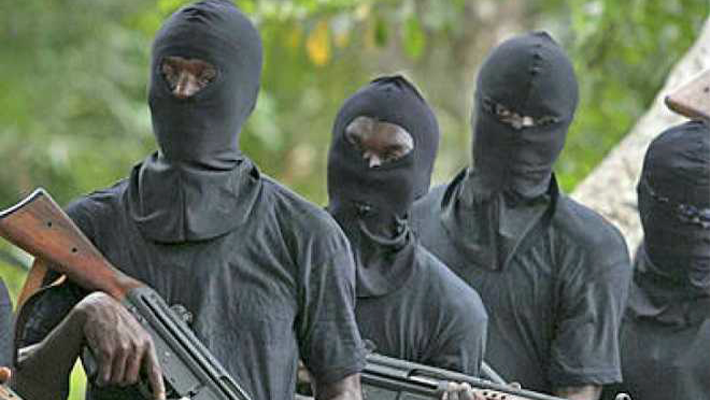Russia-Ukraine War: European nations struggling with refugees, says UN

UN humanitarians have warned that the exodus of millions of Ukrainians from their country following the Russian invasion could overwhelm neighbouring countries.
On Wednesday, the head of the UN Children Fund (UNICEF) expressed her horror over the reported destruction of a maternity hospital in the stricken coastal city of Mariupol, which has been under heavy bombardment for days.
More than 2.2 million people have fled Ukraine, according to the UN refugee agency (UNHCR), most have found shelter in Poland, and more than 200,000 have reached Hungary.
Slovakia had taken in more than 150,000 people from its embattled neighbour since February 24, when Russian forces began shelling and bombarding Ukrainian cities.
In a phone call with Polish President Andrzej Duda, UN Secretary-General António Guterres said he appreciated the welcome extended to more than one million refugees from Ukraine.
The UN chief “told the President that he will do everything possible to mobilise the whole of the UN system, in coordination with UNHCR, to support Poland’s generosity,” UN Spokesperson Stéphane Dujarric told reporters in New York.
He said Mr Guterres was thankful for the “immense generosity and solidarity shown by all countries” bordering Ukraine.
As part of his overall mediation efforts to try and end the fighting in Ukraine, the UN chief also spoke on Wednesday afternoon with German Chancellor Olaf Schultz and Josep Borrell, the European Union’s foreign and security policy High Representative.
Latest estimates from UN aid agencies suggest that four million refugees are likely by the end of the war, representing about 10 per cent of Ukraine’s population.
According to Ukrainian officials, the development follows news alerts on Wednesday that a Russian strike on a children’s hospital and maternity ward in the stricken city of Mariupol had left children buried under the rubble.
The bombing has not been independently verified, but Mr Dujarric said the UN was urgently investigating the “shocking” reports.
He reiterated the UN’s call for an immediate halt to attacks on healthcare, hospitals, health workers and ambulances, reminding that “none of these should ever be a target.”
Any attacks on healthcare are a clear violation of International Humanitarian Law.
In a tweet, Mr Guterres described reports of the attack as “horrific”, noting that civilians were paying “the highest price, for a war that has nothing to do with them. This senseless violence must stop.”
In a statement, UNICEF chief Catherine Russell said she was “horrified by the reported attack…an attack which reportedly left young children and women in labour, buried beneath the rubble of destroyed buildings.
“We do not yet know the number of casualties but fear the worst. This attack, if confirmed, underscores the horrific toll this war is exacting on Ukraine’s children and families,” she added. “In less than two weeks, at least 37 children have been killed and 50 injured, while more than one million children have fled Ukraine to neighbouring countries.”
According to the UNICEF chief, this attack, if confirmed, underscores the horrific toll this war is exacting on Ukraine’s children and families.
Briefing journalists in Geneva, World Health Organisation chief Tedros Ghebreyesus said that so far, WHO has verified 18 attacks on health facilities, health workers and ambulances amidst Russia’s invasion of Ukraine, including 10 deaths and 16 injuries.
“These attacks deprive whole communities of health care,” he said. “So far, WHO has delivered 81 metric tons of supplies, and WHO is establishing a pipeline of supplies for health facilities throughout Ukraine, especially in the most affected areas.”
The International Organisation for Migration (IOM) said on Wednesday it helped almost 100 so-called Third Country Nationals (TCNs) stranded in Ukraine during the Russian attack to return home.
They include 77 Tunisians, forced to flee to Romania and Poland; three Lebanese nationals, and 17 Ghanaian students. Seven other students leave for Ghana on Thursday.
IOM said around 109,000 TCNs had fled Ukraine since the war began, as the agency collaborates with States, embassies, border authorities, and other partners to help them return.
In addition to supporting returns, IOM provided pre-departure medical assistance, food, COVID-19 testing, personal protective equipment and much-needed ground transportation to the points of departure.
(NAN)
We have recently deactivated our website's comment provider in favour of other channels of distribution and commentary. We encourage you to join the conversation on our stories via our Facebook, Twitter and other social media pages.
More from Peoples Gazette

Politics
Katsina youths pledge to deliver over 2 million votes to Atiku
“Katsina State is Atiku’s political base because it is his second home.”

Heading 5
Two die in Ilaro-Owode road crash
She said that a total number of seven people were involved, which comprised four men and three women.

States
APC condemns suspension of Zamfara CPG commandant
We urge the state government to concentrate on meeting its campaign promises, especially in the security sector.

Hot news Home top
Average price of 5kg cooking gas stood at N6,591.62 in March: NBS
The report said the March price represented a 7.10 per cent increase.

Heading 4
ECWA commends CBN over stability, appreciation of naira
The church called for the sustenance of the efforts to help curb inflation.

NationWide
Tinubu appoints new boards for NAICOM, SEC
The president urged policyholders, the public interest and improving trust and confidence in the sector.

States
Gunmen killed 13 in Plateau attack: Police
“He has also been briefed on the previous security arrangement.”








